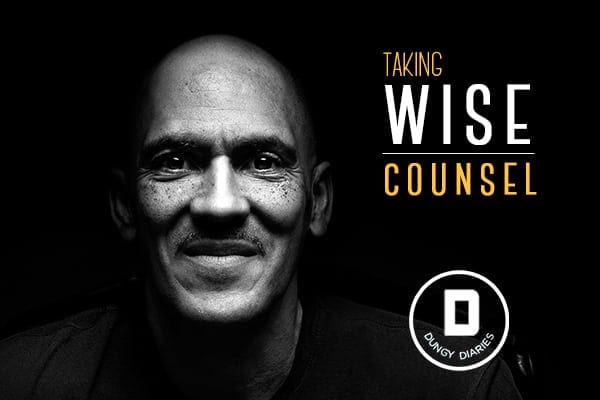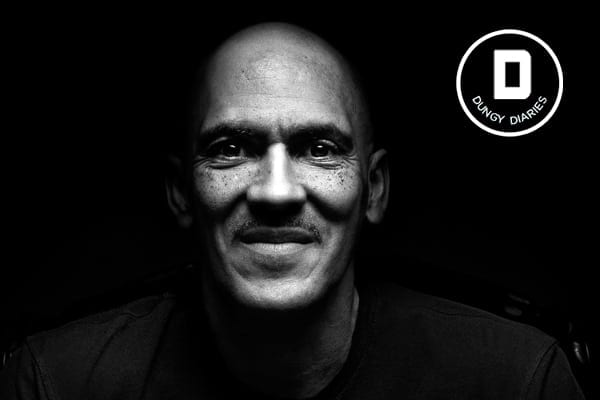‘Tis great confidence in a friend to tell him your faults, greater to tell him his.
–Benjamin Franklin
I Don’t Know Everything
There have been enough people in my life through the years who have made that painfully clear to me. Therefore, I must be secure enough to say, “I don’t know.” In fact, I really need to be secure enough to say, “I have absolutely no idea what you’re talking about.”
“I don’t know” is always a good answer. Especially if it is true. “I don’t know—could you please enlighten me?” is often an even better answer. This is why it is important to listen to the wise counsel of others.
There will always be someone who knows more than you do, which is good. I strongly encourage you to find these people and take them to lunch. We can learn a lot from people who know more than we do. That’s one of the things I really admired about my dad. He talked to everyone—or I should say he listened to everyone. Most people described him as quiet, but that’s because in most conversations, he listened much more than he talked. He really felt he could learn things from other people.
To me, this is the flip side of mentoring. When you are mentoring, you are intentionally reaching out to help someone behind you on the path of life. But when you are seeking counsel, you are looking for someone who is already ahead of you, someone you can learn from. Being open to learning—to being mentored—is necessary for growth, but is difficult for someone to master. Too often, it’s a matter of ego or pride, which has a way of hindering our growth and development.
Don’t Be a Know-It-All
We all know people who lead you to believe that they know everything about everything. When I was in college, somebody said, “If after three weeks of class you don’t know who the class jerk is, then it’s you.” Make sure that you don’t become that person who thinks he has all the answers and isn’t open to counsel of others. I’ve found that this attitude is often a defense mechanism, masking feelings of insecurity or fear that you’ll be exposed for your lack of knowledge.
A good coaching staff is made up of people who are willing to listen to others. If I had all the answers, there would be no point in surrounding myself with the bright, creative coaches—and I’m sure the team ownership would be pleased with all the money they would save in salaries. The truth is, though, that we all need to surround ourselves with the very best, smartest, and most trustworthy people we can find. And then we need to turn them loose to do their jobs and offer the input necessary to make us the best we can be.
As a coaching staff, we meet every Monday to watch film and determine which things we can improve on as a team, then we watch our opponent’s film. Next, we come up with the ideas to use our strengths most effectively that week in a game plan against our opposition. I learn a lot in those times together. There’s no need for a staff, however, if I’ve already made up my mind about what the team should do and am not willing to listen to other ideas.
Don’t Resist Change or the Counsel of Others
We all know people who resist change or feel threatened if someone else comes up with an appropriate plan. This kind of person acts as if no idea is a good idea unless it’s his idea. Don’t be like that. Be open to taking counsel. After all, Proverbs tells us that “plans succeed through good counsel; don’t go to war [or play a football game!] without wise advice.” Instead, surround yourself with the best people you can find and then empower them to do their jobs.
Set the vision for the course you want to take. Recognizing how significant their differing skills and abilities are to the mission of the cause, team, or organization, and allow them to use those gifts and abilities to get you there. Let them know how important their contributions are to the group’s successes. Seek their input, listen to them, decide on the direction, and then go there together.











